Studies of the Harriman Institute, Columbia University14
-
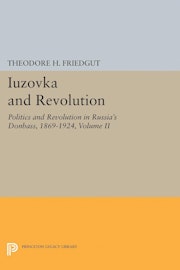
In 1870 the Welsh ironmaster John James Hughes left his successful career in England and settled in the barren and underpopulated Donbass region of the Ukrainian steppe to found the town of Iuzovka and build a large steel plant and coal...
-
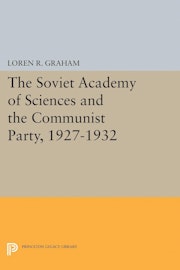
No other research organization dominates the field of science in its country to the degree that the Soviet Academy of Sciences does. The coming to power of the Bolsheviks in 1917 presented Russian science with a new governmental...
-
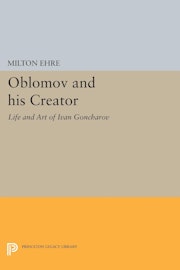
Goncharov's novels have been popular in Russia since their publication, and Oblomov, the central character of his most famous novel, has become the prototype of a fat and lazy man. Milton Ehre offers new interpretations of the complex...
-
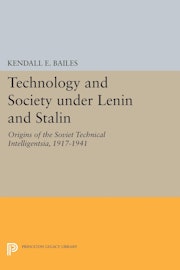
From the Soviet technical intelligentsia emerged more than three quarters of recent Politburo members, including Brezhnev, Kosygin, and Podgorny. The largest single group of dissenters, including Grigorenko, Sakharov, and Solzhenitsyn...
-
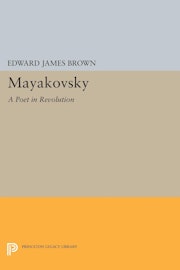
An absorbing portrait of an extraordinary man, an analysis of the work of a great Russian poet, and the evocation of a crucial period in Russian cultural history—all are combined in Edward J. Brown's literary biography of Vladimir...
-
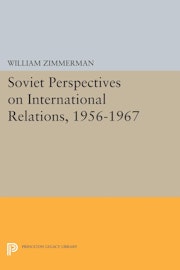
Serious debates and discussions on world politics in Russian journals and books have greatly increased since 1956, resulting in a steadily changing appraisal of the world political situation by the Russians. Professor Zimmerman studies...
-
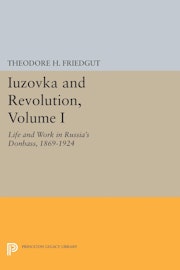
In 1870 the Welsh ironmaster John James Hughes left his successful career in England and settled in the barren and underpopulated Donbass region of the Ukrainian steppe to found the town of Iuzovka and build a large steel plant and coal...
-
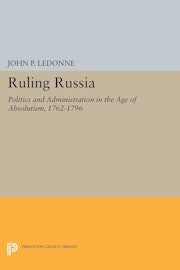
This book explores thoroughly the reforms of Russian administration from 1775 to 1785, this work also reaches beyond Catherine's reign to challenge established opinions on the nature of eighteenth-century Russian government and the...
-
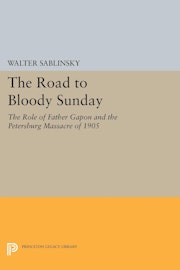
Drawing on all available documents, Walter Sablinsky reappraises the events, especially the role of the volatile and often unpredictable Father Gcorgii Gapon. the young Orthodox priest who inspired and led the workers'...
-
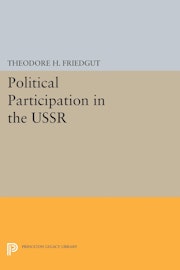
Theodore H. Friedgut scrutinizes mass political participation in the Soviet system, examining in detail the electoral process, the local councils, and the neighborhood committees from 1957 to the present.
Originally published in 1979. -
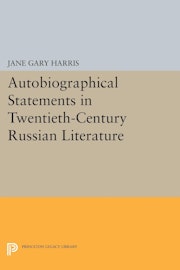
The fifteen essays in this volume explore the extraordinary range and diversity of the autobiographical mode in twentieth-century Russian literature from various critical perspectives. They will whet the appetite of readers interested...
-
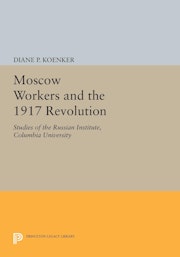
Whereas most Soviet and American scholars of the Russian Revolution have emphasized the great leaders and the great events of 1917, Diane Koenker reverses this trend in a study of the Russian working class.
Originally published in 1981. -
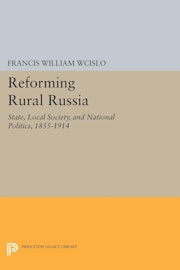
As he examines administrative reform of Russian rural local government between the abolition of serfdom and World War I, Francis William Wcislo takes as his theme the repeated attempts of tsarist statesmen to restructure the most...
-
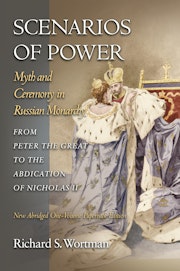
This new and abridged edition of Scenarios of Power is a concise version of Richard Wortman's award-winning study of Russian monarchy from the seventeenth century until 1917. The author breaks new ground by showing how imperial ceremony...